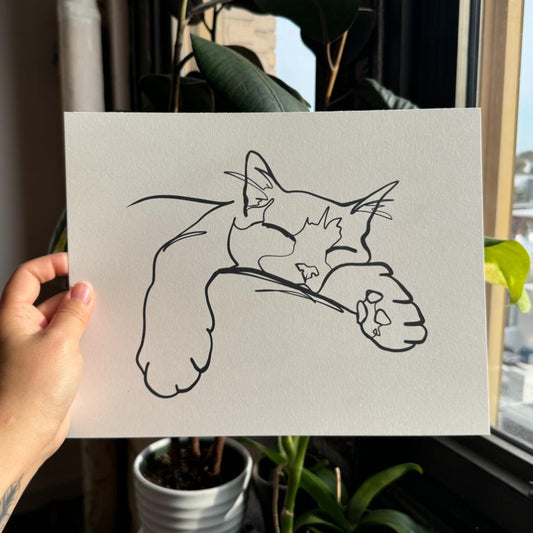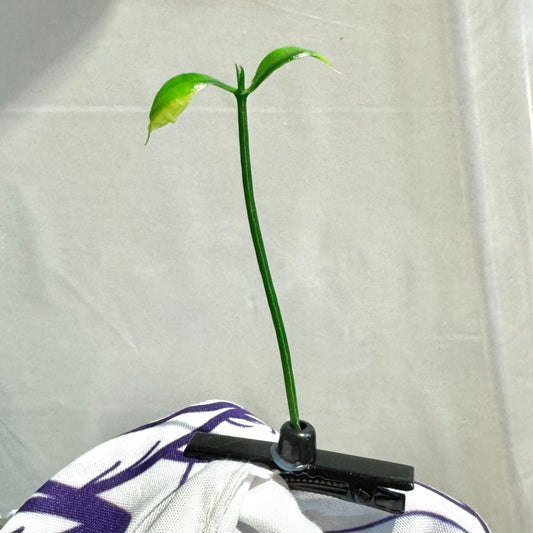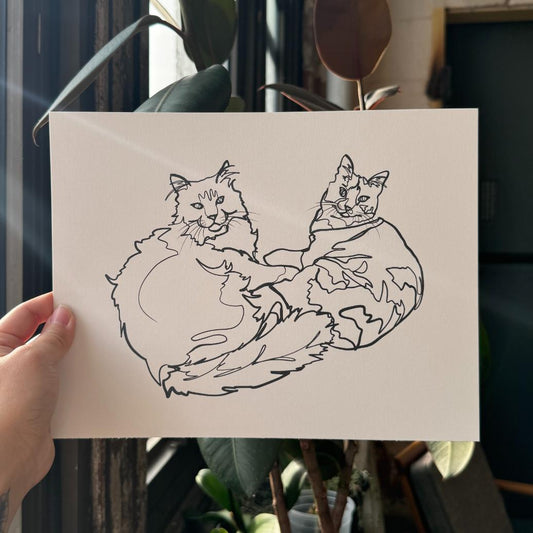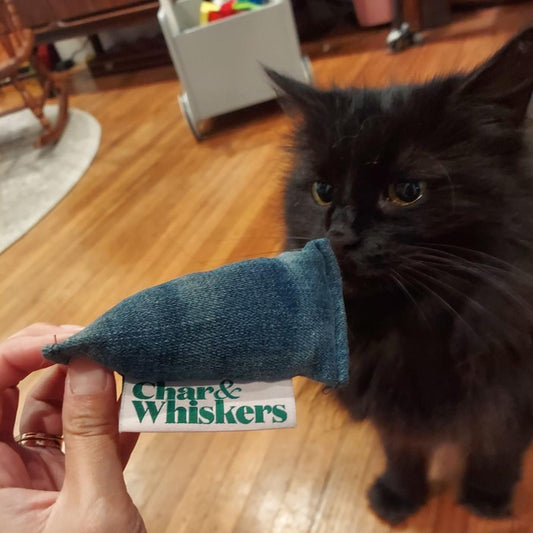
Why Does My Dog Eat Grass? What Drives Dogs to Graze
Celeste ZosimoLead your dogs to grass, and they're sure to have lots of fun with it. They love rolling in it, sniffing it, and perhaps eating it. You may wonder, why does my dog eat grass? Let's get to the bottom of this behavior and find out if something should be done about your dog’s preference for grass.
Reasons Behind Grass Munching

Even long-time dog parents will tell you that dogs always do something that fascinates them. One of these is munching on blades of grass. Take them for a walk in a grassy field, and they'll do more eating than walking. Then you start to wonder, why would a carnivorous animal consume something unrelated to their normal diet?
Below are some of the most common reasons why your dog eats grass:
The Need for Fiber
Just like us humans, dogs like to eat grass to get more fiber in their tummies. Grass is a good source of fiber that helps their ability to digest food and pass stool. While they may not know anything about fiber and other gastrointestinal concerns, they may eat grass to satisfy a craving.
Out of Instinct
We all know that dogs share ancestry with wolves, and eating grass may be an instinctual behavior for them. Wild dogs eat grass, and their prey who eat grass. Our modern-day doggos may be craving it because it's what their ancestors did.
Due to Stress or Anxiety

Grass eating in dogs may also be due to behavioral issues. Dogs who are bored, anxious, or stressed can do a variety of strange things to entertain themselves or relieve anxiety. These can include eating grass, digging, or chewing.
They Have Digestive Needs
Two potential reasons your dog eats grass are aiding digestion and settling an upset stomach. Let's explore these to see if they are the reason for your pup's green grazing habit:
Aiding digestion: As mentioned earlier, dogs need fiber in their diet. While commercially prepared dog food is formulated to provide this, dogs may sometimes seek additional roughage. They find this in grass, which has a high fiber content.
Soothing upset stomachs: Many people assume that dogs eat grass instinctively when experiencing stomach discomfort. This is because grass induces vomiting, which helps expel any irritants or foreign objects that may be causing the upset. Also, the act of chewing grass increases saliva production, which can soothe a troubled tummy.
Note that these are only theories, and there is no scientific evidence that grass helps with digestion or stomach upsets in dogs. These only serve as possibilities that can provide some insights into the potential benefits our dogs may be looking for through eating grass.
They are Experiencing Nutritional Deficiencies

Another possible reason for your dog's grass-eating behavior is a nutritional deficiency. When your dog eats non-food items such as stones, wood, strings, plastic, or even socks, they could have pica. This could indicate that your doggo's body is seeking nutrients it is not getting from its regular diet.
To determine if this is the cause, you need to consider the quality of the food you give your pup. Most commercially available dog foods are well-balanced. They are made to give your dogs all the essential nutrients they need. If your dog's diet consists of high-quality foods, pica may not be the culprit for their grass-eating behavior.
Needing that Antacid Effect
Eating grass can give your dog an antacid effect that helps ease upset tummies. Sometimes, when your dog hasn't eaten in a while, they might vomit yellow, foamy bile. This can be caused by an empty stomach, where the acids begin to irritate the lining.
Grass can be the natural remedy they are craving for and acts as an antacid. It dilutes the bile and gives them a calming feeling, the same way we humans use antacids for heartburn.
Again, there are no studies to prove this. It is only a possible explanation for why our dogs find relief from upset stomachs after grass consumption.
They Find Grass Tasty
Of course, since we established that dogs act strange most of the time, it may be that they find grass tasty. Nothing more, nothing less. It could be that they love the texture, the fragrance, and the taste. And since most dogs stay inside where there is no easy access to grass, they munch on them as soon as it becomes available.
Is It Okay to Let My Dog Eat Grass?

In most cases, it's okay to let your dog munch on some grass occasionally. Here's why:
Grass is safe: For healthy dogs that are on a balanced diet, occasional grass in their diet is considered harmless, especially when they are given parasite prevention.
There are potential benefits to grass: The roughage can help digestion and soothe upset stomachs.
Keep in mind, though, that moderation is key to letting your dog eat grass. Too much grazing can be a sign of an underlying issue that you need to investigate. Also, if the grass-eating is accompanied by excessive vomiting, or if you notice lethargy in your pup, along with loss of appetite, you need to visit your vet.
In addition, make sure that the grass your dog is eating is not treated with pesticides, fertilizers, or herbicides. We don't want these chemicals in their system.
When to Worry

If you notice the following in your grass-eating doggo, get professional help immediately:
- Excessive grass eating
- Accompanying symptoms such as vomiting, diarrhea, loss of energy, loss of appetite, or blood in the stool or vomit
- Unusual behavior, which includes pacing, restlessness, or straining to poop
- Treated lawns: if your dog ate grass from a treated lawn
Schedule a visit to your vet so that they can assess the real reasons why your dog eats grass. This way, they can rule out any underlying medical and health conditions and recommend the appropriate treatment.




